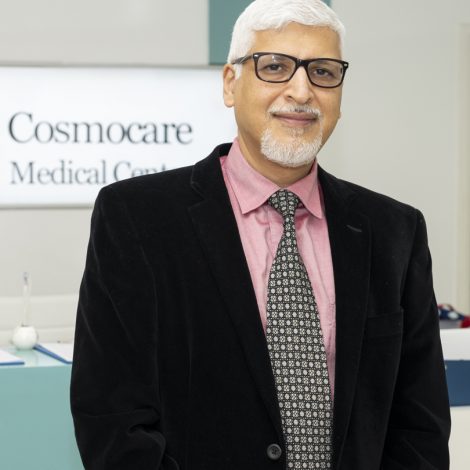ACNE Acne is a general term for eruptive skin disease.
Acne is a general term for eruptive skin disease. There are many types of acne including blackheads, whiteheads, papules, pustules, and cystic. Acne is the most common skin disease in the United States, affecting 40 to 50 million Americans. Acne generally occurs in teenagers and young adults, though it can affect anyone. 85% of teenagers in America will develop acne each year.
Causes:
Though the exact cause of acne has not been determined, research has shown that four key elements contribute to acne. They are: excess oil, clogged pores, bacteria, and inflammation. During adolescence, the body begins to develop more sebum oil, which is produced to ensure our skin does not dry out. When sebum cannot flow freely to the skin, clogged pores result. Bacteria already found on the skin’s surface, flourishes in the excess oil, and causes inflammation.
The degree of inflammation determines what type of acnes appears on the skin. A small amount of inflammation results in a blackhead or a whitehead. This means oil flow is blocked right at the surface of the skin, and is the least serious form of acne. If the pore is blocked deeper within the skin, a papule, or pimple, forms. If the pore becomes blocked deeper still, a pus-filled pimple, or pustule, forms. The most severe type of acne lesions are cysts, which occur when very deep blockage causes intense inflammation. Cysts, sometimes called nodules, are very painful bumps.
Treatment: There are many treatment options available for reducing your acne. Because every case is different, and treatment effectiveness depends on your skin’s reception, talk to Dr Bandukwala about finding the right treatment for you. Fortunately, when can acne is properly treated, it can restore the confidence and positive self-image that often wane in people afflicted by acne.
If scarring from acne occurs, some options such as laser therapy may help reduce the appearance of scars. Talk to Last Name(s) if you are interested in this type of treatment.
Prevention:
Research has proven that heredity, hormones, menstruation and emotional stress can trigger acne, or make it worse. Although many of these factors cannot be avoided, it is recommended that patients not wash or scrub the skin excessively, which can irritate the skin and make acne worse. Diet does not generally contribute to acne, although if greasy foods are ingested often, oil from the food may transfer onto the skin, particularly around the mouth, and worsen acne. Likewise, if you have oily hair, shampooing often may help reduce the risk of oil from the hair transferring onto the skin.

